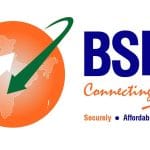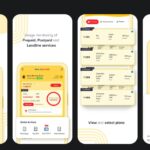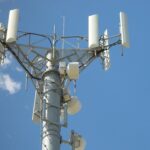State-owned Bharat Sanchar Nigam Limited (BSNL) has implemented a new Anycast Domain Name System (DNS) 61. 1. 1. 1 for its Broadband and Fiber-to-the-home users. BSNL has also implemented alternate DNS 61. 0. 1. 1, 61. 0. 2. 2, and 61. 0. 3. 3. For direct caching and better peering Services, the telecom provider is requesting its users to use BSNL Anycast DNS instead of public DNS.
Twitter has been flooded with tweets from BSNL employees notifying the change in DNS. To recall, BSNL never had a dedicated DNS with the customer care usually asking the customer to use Google DNS on raising a network related issue. The new DNS was indirectly confirmed by the offical BSNL Twitter Handle as well. The new DNS has been introduced in the last few days.
What is DNS?
The Domain Name System or DNS is the directory of the internet. Usually, we enter the website address like Google.com or OnlyTech.com, but the web browser requires an IP address of the site. The DNS converts the domain name to an IP address so that the browser can load the web page. The DNS request is first sent to the Recursive Name Server (RNS), which is typically managed by the ISP.
If the RNS does not have the IP address of the website you are trying to access already stored, it goes through the process of retrieving the IP address. Once the IP address is retrieved, it is sent back to the RNS and then to the browser.
What is Anycast DNS?
Unlike the normal Unicast DNS network, where a single IP is assigned to the single DNS server, in Anycast DNS, the same IP address is assigned to the multiple DNS servers. In Anycast DNS, any one of the DNS servers can respond to the DNS queries, and it usually connects to the closest DNS server, which reduces latency.
The Anycast DNS also prevents DNS flood DDoS attacks and improves DNS resolution. In any case, if one DNS server goes offline, the DNS queries will still be answered by other DNS servers in the same network.







